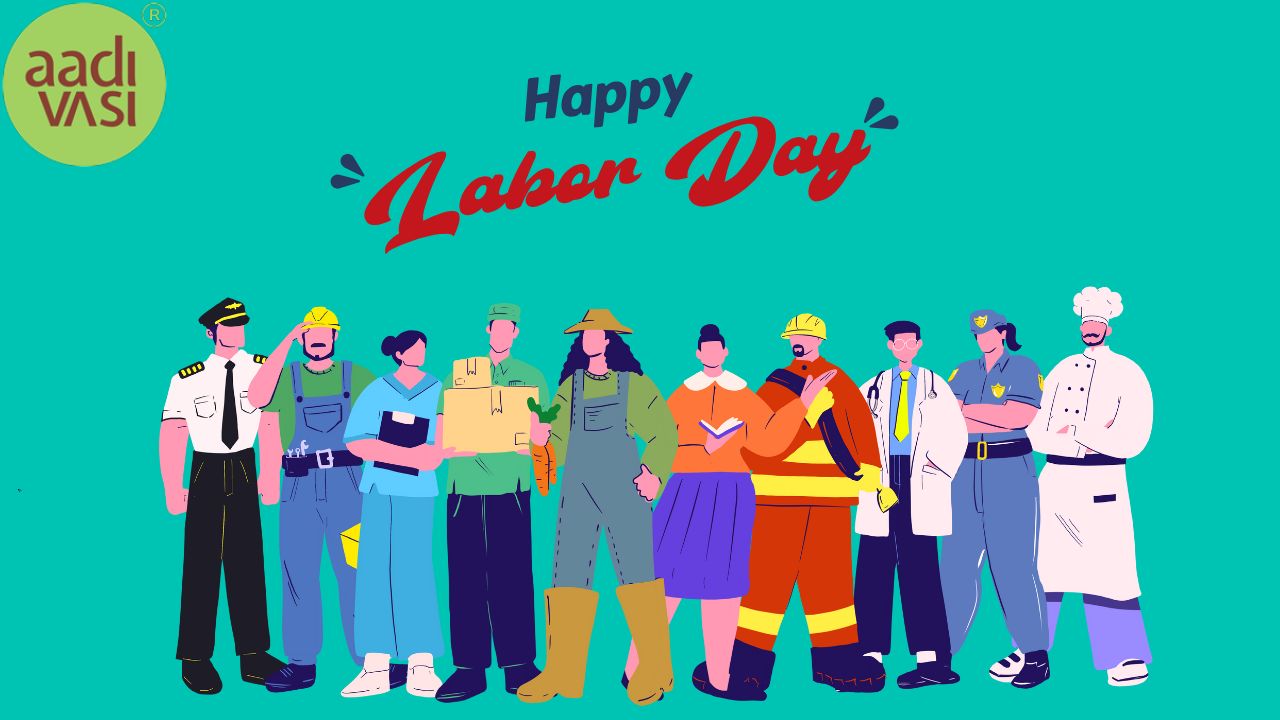Honoring the Workforce: The True Meaning of Labour Day

Honoring the Workforce: The True Meaning of Labour Day
I was eight when I first heard about Labour Day significance. My father, a dedicated factory worker, would leave home at dawn and return after dusk. "Why do you work so much?" I had once asked, my little mind unable to understand the weight of responsibilities on his shoulders.
"Because every brick laid, every road built, every machine operated—someone has to do it, beta," he had said, smiling through his exhaustion. "And once a year, we celebrate the importance of Labour Day to recognize all the hands that shape this world."
This sentiment is echoed by the struggles of indigenous and marginalized communities who have been integral to shaping our societies through their labor. As highlighted on aadivasi.org, the contributions of Adivasi workers in agriculture, construction, and daily wage labor remain invaluable, yet their rights and dignity often go unnoticed. On Aadivasi.org®, the pioneer of ImpactCommerce® in India, here, ₹200 isn’t just a number; it’s a step toward meaningful change. Support a cause you believe in and get products of equal value for free. That’s our idea of Shopping for Impact.
That conversation stayed with me. It made me question why we often overlook the very people who build our lives—the street sweepers who ensure clean roads, the construction workers who raise skyscrapers, the domestic helpers who make homes function smoothly. This day is more than just a holiday; it's about the history of Labour Day—a reminder of the sacrifices made by workers worldwide to earn their rights.
Why We Celebrate Labour Day
The origins of this day trace back to the labour movements of the 19th century when workers fought for fair wages, humane work hours, and safe conditions. Their struggle was not in vain. Today, we stand on the foundation of those fights, yet many still toil in harsh environments, seeking dignity in their labor. That’s why understanding the meaning of Labour Day is crucial—it’s about acknowledging the sweat and determination of those who power our industries and economies.
Labour Day Celebrations Across the World
In different parts of the world, the day is marked in unique ways. In India, rallies and parades highlight workers' rights. In the US, it’s a day of picnics and community events. Across Europe, marches are organized to bring attention to workers’ struggles. These Labour Day traditions serve as a collective tribute to all those who contribute to our societies, reminding us of their indispensable role.
Workers' Rights and Labour Day: A Continuous Battle
Despite progress, countless workers still face unjust treatment—low wages, long hours, and unsafe conditions. The essence of Workers' rights and Labour Day lies in ensuring no worker is exploited, that their dignity remains intact, and that their voices are heard. True celebration comes not just in speeches or holidays but in ensuring fair policies, just wages, and humane treatment.
A Tribute to Workers: The Real Heroes
Every individual who labors, regardless of their profession, deserves recognition. The domestic worker who wakes before dawn, the driver who navigates chaotic streets, the security guard who stands alert through the night—they all deserve our appreciation. Labour Day appreciation is about acknowledging their efforts and respecting their contributions.
The Spirit of Labour Day Lives On
This day is not just another date on the calendar. It’s a call to reflect, to acknowledge, and to respect. The hard work recognition of millions who wake up each morning and give their best should never be limited to just one day.
As I think back to my father’s words, I realize that this day isn't only about the past; it's about the present and the future. Because as long as the world moves, there will always be those who work tirelessly behind the scenes. And as long as they do, the Labour movement and workers will always deserve to be honored.
So, the next time you cross paths with a worker, pause for a moment. Acknowledge them. Appreciate them. Because without them, the world wouldn't be the same.

